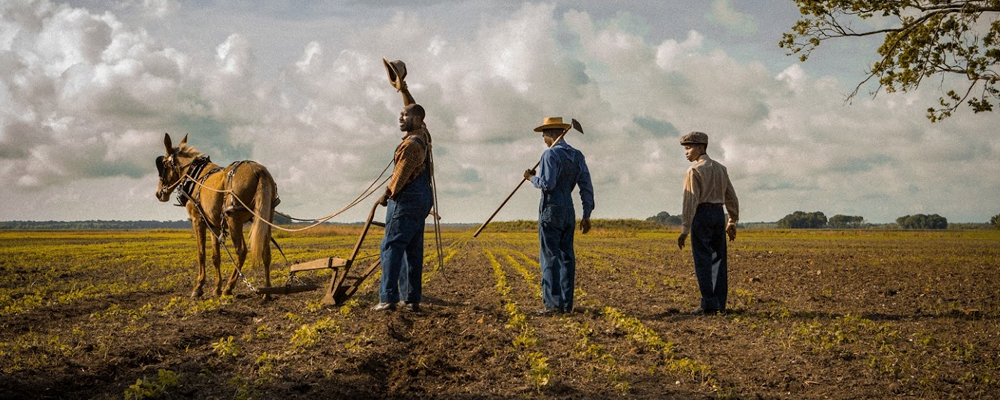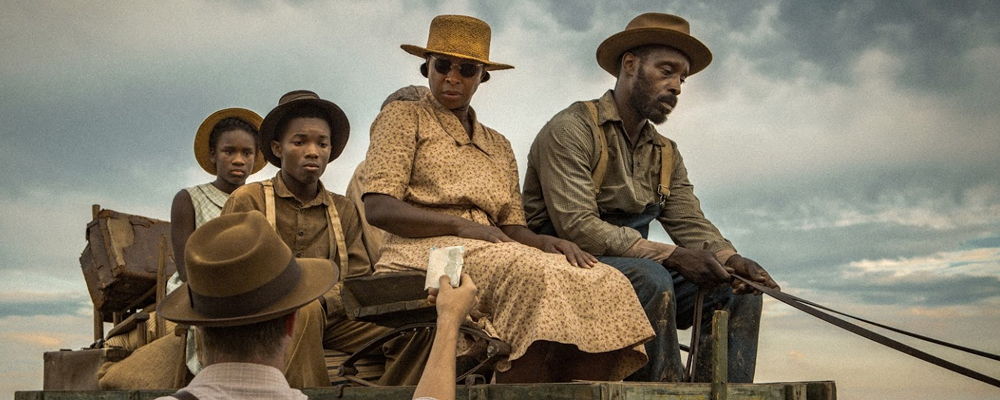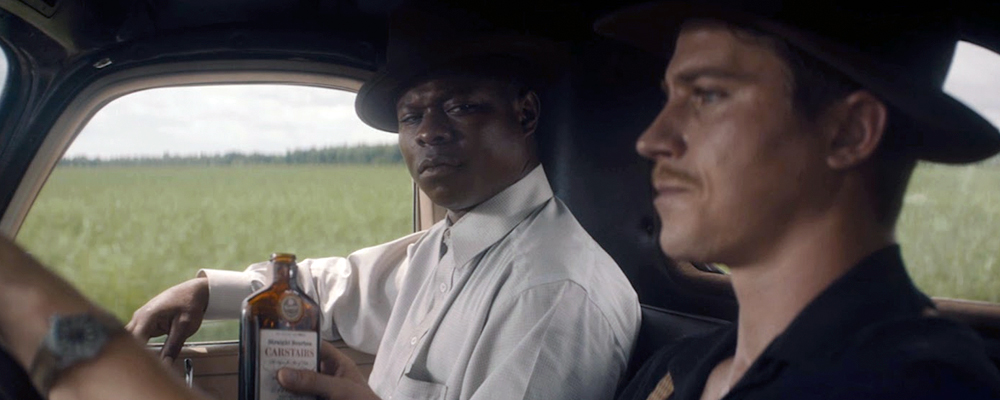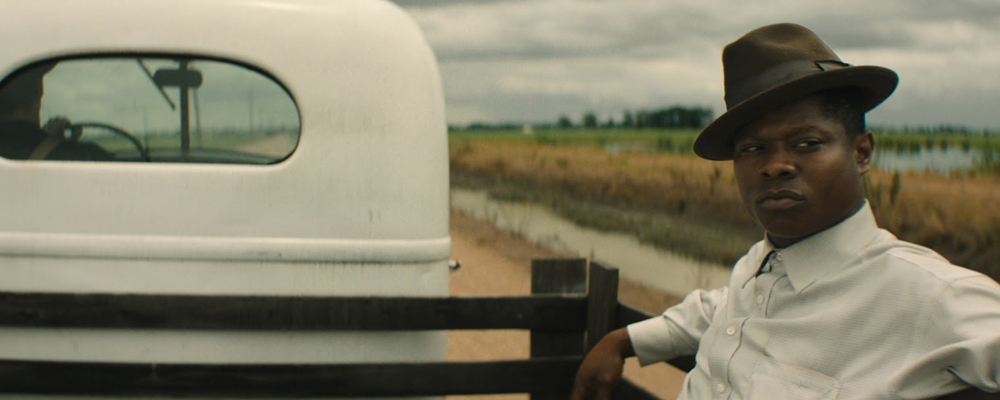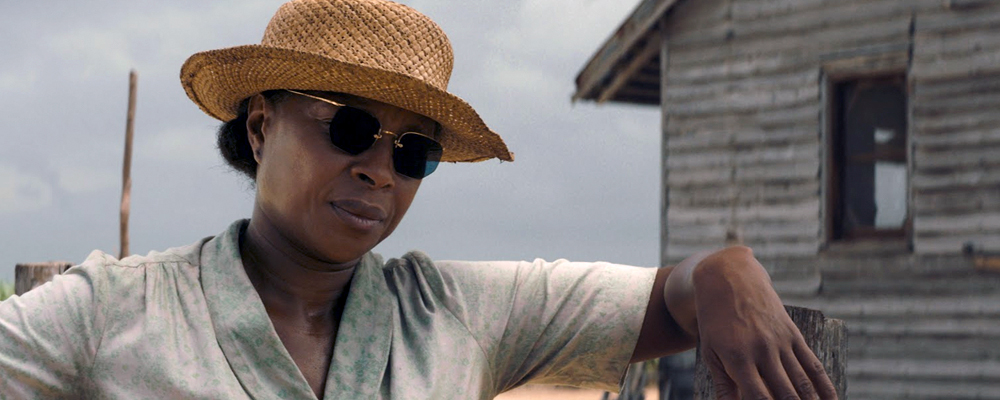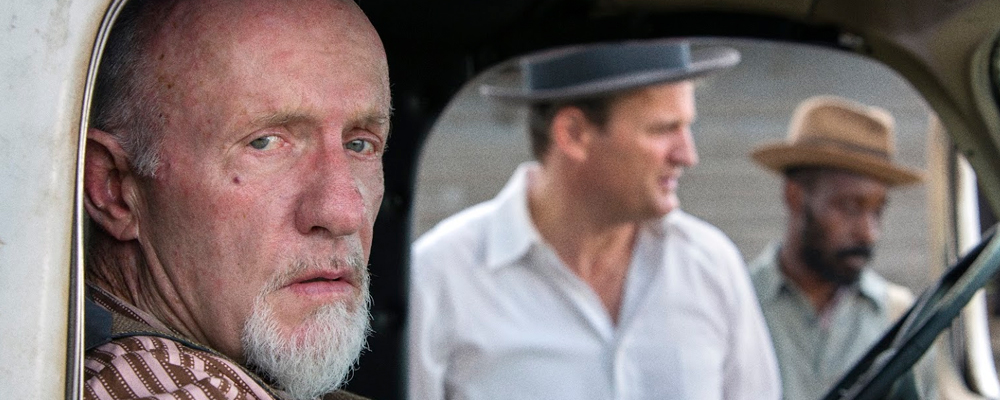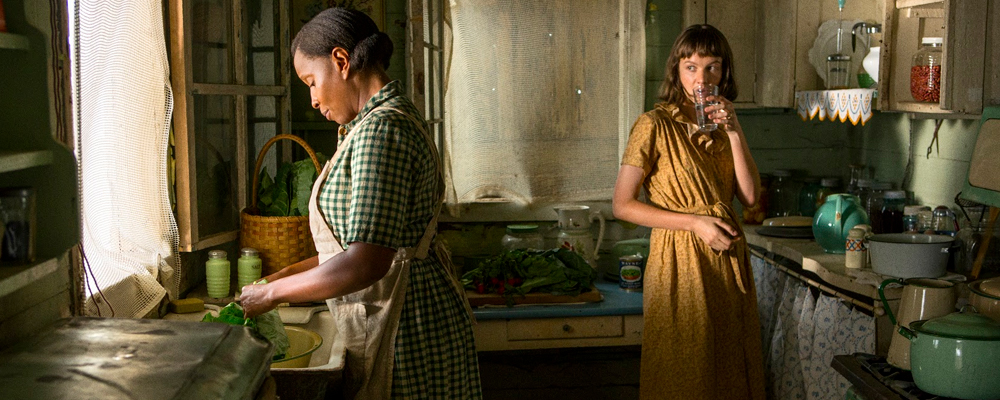‘Mudbound’ Is a Striking Epic That Confronts the Scars of American History
Alci Rengifo
Beneath all romantic histories or memories lie the darker truths. “Mudbound“ is a strong drama about how much of the “greatest generation” was still steeped in toxic, racist attitudes even as veterans returned from World War II. For African American soldiers, returning home from the distant battlefields of Europe meant readjusting to segregation and Jim Crow culture. In “Mudbound,” one of Netflix’s best original offerings this year, two soldiers return to find themselves united by experiences that overcome racial barriers. But their friendship is brutally challenged by prejudice. It is a film of personalities and surroundings, where a mere handshake can be dangerous or walking through the front door of a store subversive. Like many a good southern story it has boiling emotions, family tensions and the ever present threat of violence, but it is also reflective and patient. We feel rage near the end, only because the film captures one of the key tragedies of racism: It is so needless and full of venomous absurdity.
We are introduced to two families in 1940s Mississippi. Henry McAllen (Jason Clarke) and his wife Laura (Carey Mulligan) are swindled on a deal for a house and move back into the old family farm with Henry’s vicious racist father Pappy (Jonathan Banks) and their small children. Henry has a charismatic, mischievous brother named Jamie (Garrett Hedlund) who makes him feel insecure he as he playfully flirts with Laura, who admits in her voiceover that she settled for the more reserved, somewhat boring of the two brothers. Down the road an African American family composed of Hap Jackson (Ron Morgan), his wife Florence (Mary J. Blige) and their kids, including oldest son Ronsel (Jason Mitchell) till land and deal with the local, segregationist culture. When Pearl Harbor pulls the U.S. into World War II, Jamie and Ronsel are drafted. Jamie becomes a fighter pilot and Ronsel an infantryman. When the two return they are changed, haunted men now living in a society that has not changed at all. When a friendship based on mutual experiences forms, both men are suddenly targets of violent prejudice.
“Mudbound” is crafted with a palpable sense of time and place. Director Dee Rees, working from a novel by Hillary Jordan, takes us into the world of the McAllens and Jacksons with intimacy and detail. Mud and earth bring everyone in this world together. Unpaved ground leaves everyone equally smeared, even as their prejudices divide them. “I dreamed in brown,” narrates Laura. Rees makes us hear and feel feet walking in mud and earth being penetrated by shovels. The cinematography by Rachel Morrison is full of warm light and shadows, beautifully evoking a rural world. Yet the style is also sparse and gritty, allowing the characters to become our real focus. Morrison created this same effect in the powerful “Fruitvale Station.”
But what Reese has achieved is a movie of pure, engaging storytelling where it’s all about the characters. Jamie and Ronsel strike a friendship which symbolizes the way shared experiences overcome skin color. They are linked by the psychological scars of veterans returning from the front, and the hypocrisy of their town is that those who did not go and fight now want to set racial boundaries for these men. The scenes between Jamie and Ronsel are written and performed with a great, natural air. We never feel as if we are watching “acting,” but two individuals living a life. The script poses interesting dilemmas that add great layers to the narrative. Ronsel falls in love with a white European woman during the war, yet in Mississippi is condemned for it, and violently so. Henry is as oblivious to the loneliness of his wife as to the wrongness of the racism he practices out of habit. In one scene he urges Ronsel, who is in uniform, to avoid walking out the front door of the local store, because blacks must only exit through the back door. Yet he’s not a particularly bad man, but a conditioned one. “Mudbound” keenly dramatizes how racism becomes an engrained habit when it’s part of the environment. But human connections can overcome such mindsets, if they are even allowed to thrive.
Reese’s most memorable creation in this movie is Jonathan Banks as Pappy, one of the year’s truly abominable characters. He speaks like a deposed slave owner, and barks threatening slurs at his own family and local blacks. Of course he’s a member of the local Ku Klux Klan, and there is a lynching scene of such ferocity and tragic horror that the blood boils in the viewer. Pappy is played by Banks as the embodiment of how stubborn misguided traditionalism can be. There is no changing this man’s mind and he will die believing in poisonous creeds. The other performances are well defined and authentic. Carey Mulligan is a sensitive witness, with powerful thoughts she keeps to herself. Mary J. Blige plays Florence with a sense of perseverance and Ron Morgan as Hap is the kind of man who has gained alertness from living in this muck too long.
Reese announces herself here as a director to watch. There are story avenues here we’ve been through before, but Reese is so skilled as a director that it works. She combines melodrama and history with style and sharp acting. The hidden passions, rancid hatreds and thunderstorms make for a memorable movie about the wastefulness of prejudice and the value of friendship. It goes back into the past to tell us some important things here in the present.
“Mudbound” releases Nov. 17 on Netflix and in select theaters.

